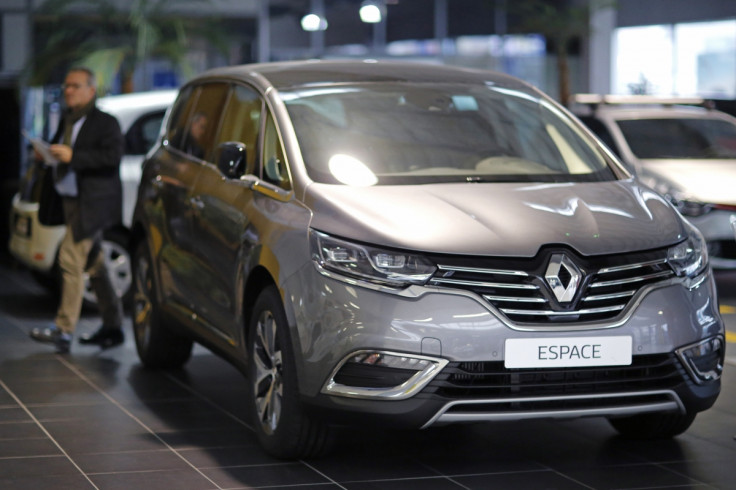Renault's Espace exceeds EU emission limits by 25 times says DUH Group

Renault's flagship Espace minivan does not comply with EU emission standards, a German environmental group has alleged citing a study by the University of Applied Sciences in Bern. The minivan releases toxic diesel emissions over the allowed legal limits and may have passed regulatory tests because they were carried out at "unrealistically" low engine temperatures, DUH said.
The French carmaker has contested the findings which have not been independently verified. The university study was commissioned by the German environmental group.
Espace's latest Euro 6 diesel engine emitted up to 2.06 grammes of nitrogen oxides (NOx) per kilometer when run with a warm or hot engine. This is 25 times more than the EU limit of 80 milligrammes. The minivan, however, met the limit when tested with a cold engine after ""specific pre-conditioning", DUH explained.
Both consumer and environmental groups are now calling for improved EU tests to curb the increasing car emissions of carbon dioxide and NOx in line with legal limits.
The allegations against Renault follow the widely reported emissions scandal at Volkswagen in which the German company admitted to using illegal "defeat devices" to cheat emission tests. While the Volkswagen scandal threw light on a wider pattern of legal test manipulation that stops short of outright cheating, the DUH allegations indicate that the EU rules themselves are inadequate. This has been acknowledged by carmakers such as PSA Peugeot Citroen.
This is not the first company that DUH has accused of violating emissions standards. It had earlier alleged that NOx emissions of General Motors's Opel brand were higher in real road conditions than those measured in official testing. The US carmaker rejected the charges after conducting its own tests which it said were monitored by Germany's TUV certification body.
Axel Friedrich, co-founder of International Council on Clean Transportation (ICCT), said, "It's unbelievable that so-called modern diesel vehicles that damage the air we breathe in this way are on the road today. [Europe needs a] comprehensive reorganization of the system in which mandatory regular controls on the street are integrated"
The Washington-based organisation was the one which commissioned the original investigation that led to the exposure of Volkswagen's test-rigging.
© Copyright IBTimes 2025. All rights reserved.





















